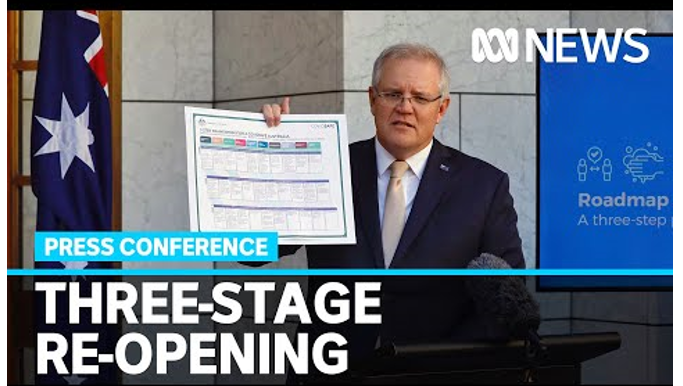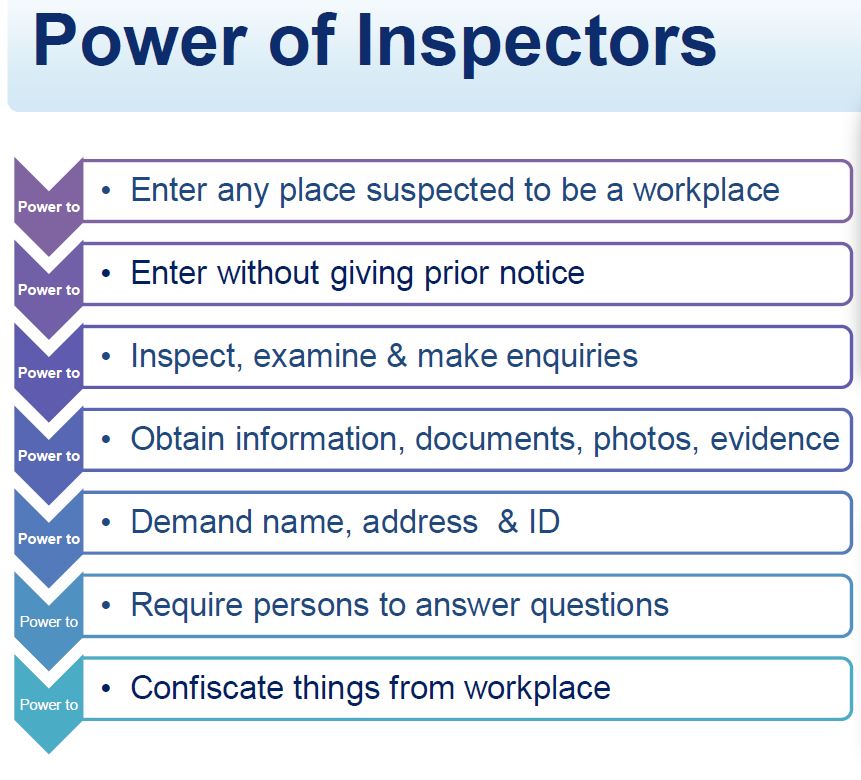Since the Prime Minister announced the easing of the pandemic restrictions I have been contacted by a significant number of …
We are approaching the time of year as Annual meetings and Melbourne Cup moves slowly behind us we start to …
Key learning: Village Managers have significant responsibilities and accountabilities for safe work practices. Last week in Sydney we had Colleen …



